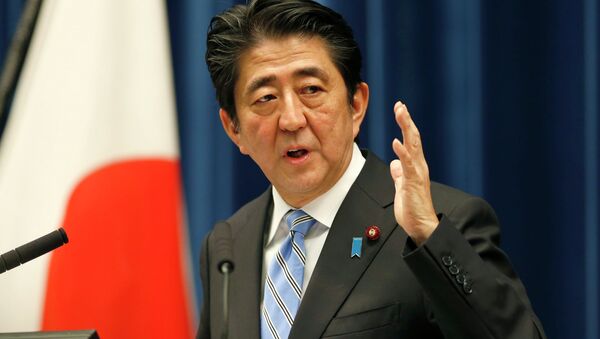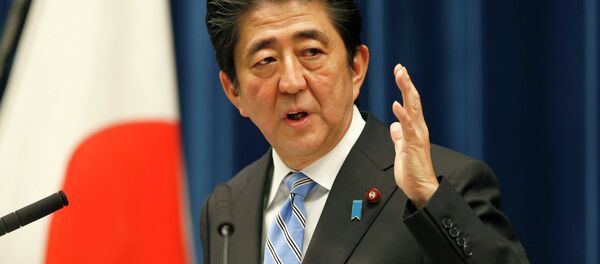"This is not so much a vote of confidence in Abe and the LDP as a vote of no-confidence in the political opposition," Columbia University professor Gerry Curtis told Reuters.
Abe announced last month that he was dissolving parliament on November 21 in order to call the election, which is being held two years ahead of schedule, and just two years after his Liberal Democratic Party won the last elections in a landslide.
"I need to hear the voice of the people," the BBC reports Abe as having said in November. "I will step down if we fail to keep our majority, because that would mean our Abenomics is rejected." According to the BBC in Tokyo, people on the street "appear bemused" by the prospect of another election, which is intended to give Abe a mandate to pursue his ambitious economic reforms.
"If an election happens too early, with very few people expecting one, it means the situation is immature (for voters) to judge,” Professor Jun Lio of the National Graduate Institute for Policy Studies told Channel News Asia. “The general public is bewildered by sudden elections. I expect the turnout rate of this coming election will be very low."
Abenomics is made up of three ambitious monetary, fiscal and structural "arrows" to improve the economy. The first monetary stimulus is a doubling of the Bank of Japan's inflation target to 2% via quantitative easing policies, accompanied by the second measure of heavy government spending, including the ¥10.3 trillion supplementary budget passed in March 2013. The third and most difficult prong is to make structural changes, including industry liberalization and corporate tax cuts, and aims to achieve better long-term economic growth.




